News
Face Detection Tool to Fight Bots Under Trial by Facebook
Facebook is currently battling a $35 billion class-action lawsuit for alleged misuse of facial re...
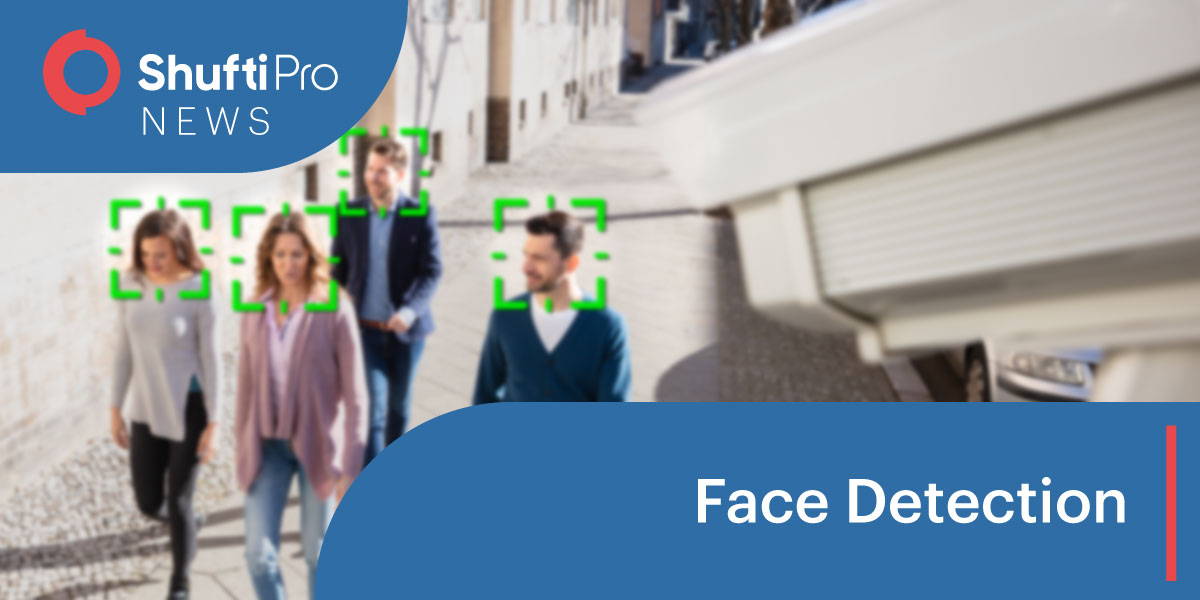 Explore More
Explore More
News
Compliance Specialists Remind Letting Agents to Meet HMRC Deadline
The real estate industry in the UK is being constantly reminded that the deadline for registering...
 Explore More
Explore More
News
Wellington Real Estate Company Fails to Report Suspicious Activity on Properties
Mills Gibbon and Co, a Wellington-based real estate company, has been warned by the Department of...
 Explore More
Explore More
News
Face Detection Tool to Fight Bots Under Trial by Facebook
Facebook is currently battling a $35 billion class-action lawsuit for alleged misuse of facial re...
 Explore More
Explore More
News
Surge in Identity Theft Frauds During Covid-19
According to new data from the Federal Trade Commission (FTC), identity theft has risen to the nu...
 Explore More
Explore More
News
FinCEN and Federal Reserve Board Reducing the Bar for International Transactions
The FinCEN and Federal Reserve Board are planning to reduce the threshold for international trans...
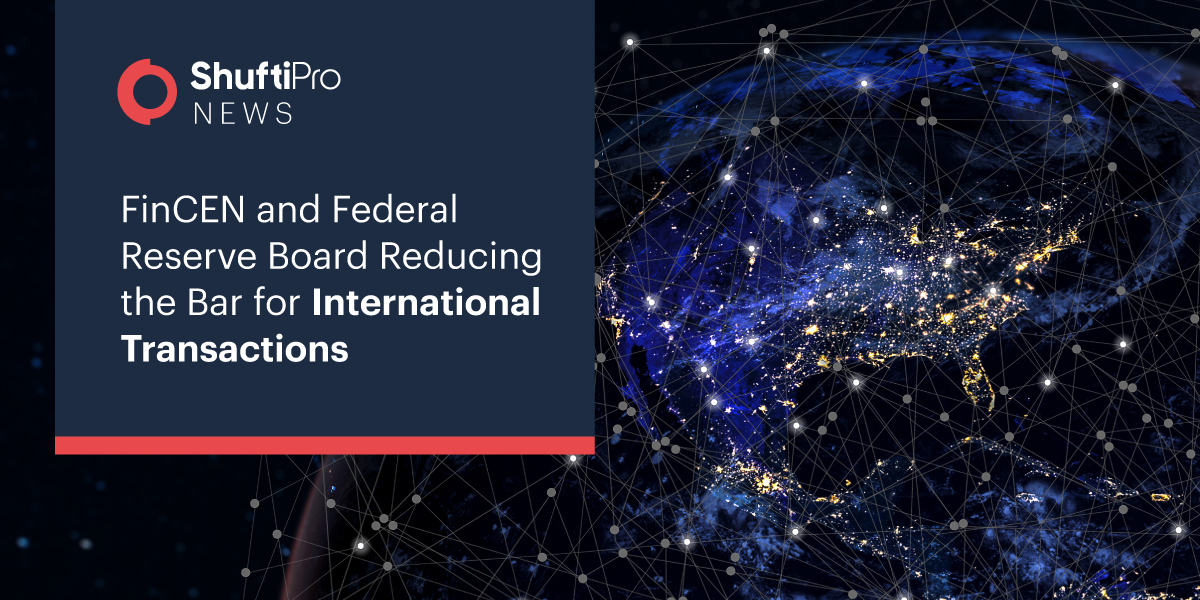 Explore More
Explore More
News
7 UAE Law Firms Penalized in Anti-money Laundering Violations
Around 100,000 dirhams have been fined to 7 law firms in UAE for disregarding anti-money launderi...
 Explore More
Explore More
News
US Sanctions Crypto Mixer Sinbad Over Connections to North Korea
The FBI and the Dutch Financial Intelligence and Investigation Service have a crackdown on virtua...
 Explore More
Explore More
News
Denmark’s Gambling Authority Issues Reminder for AML Duties
All licensed businesses are reminded to report suspicious transactions that may be indicative of ...
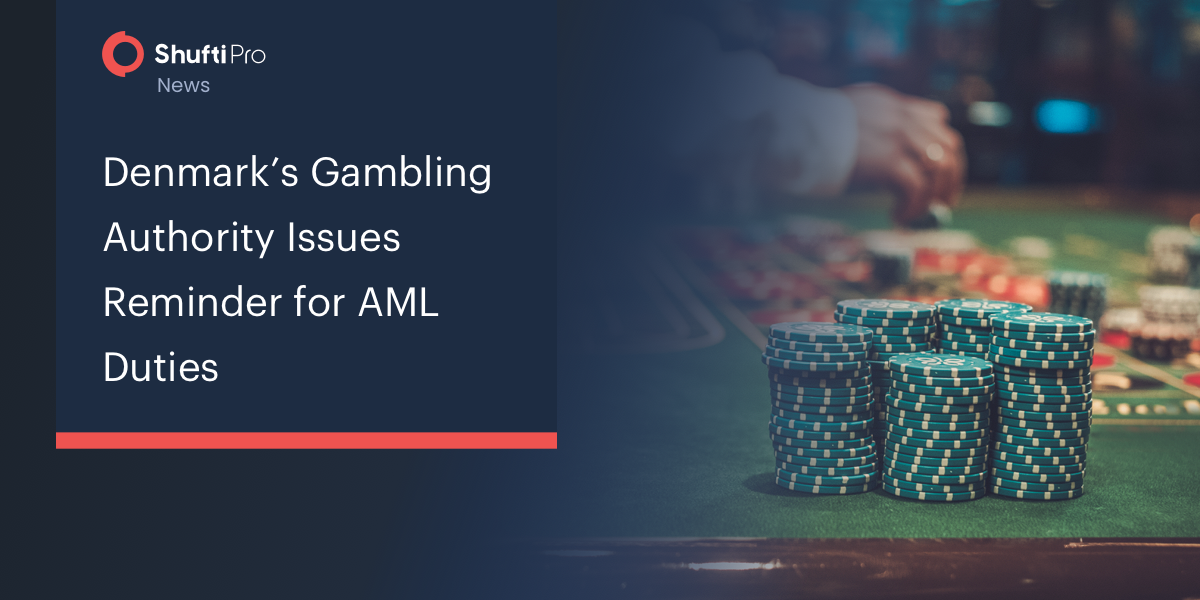 Explore More
Explore More
News
OSCE Hosts Regional Conference on Combating Money Laundering and Terrorist Financing in South-Eastern Europe
The chairperson of the OSCE for North Macedonia addressed issues of corruption, money laundering,...
 Explore More
Explore More
News
NFTs Seek to Implement KYC/AML Standards as Money Laundering Rises
NFTs (Non-Fungible Tokens) are certainly becoming popular in the crypto industry. However, they d...
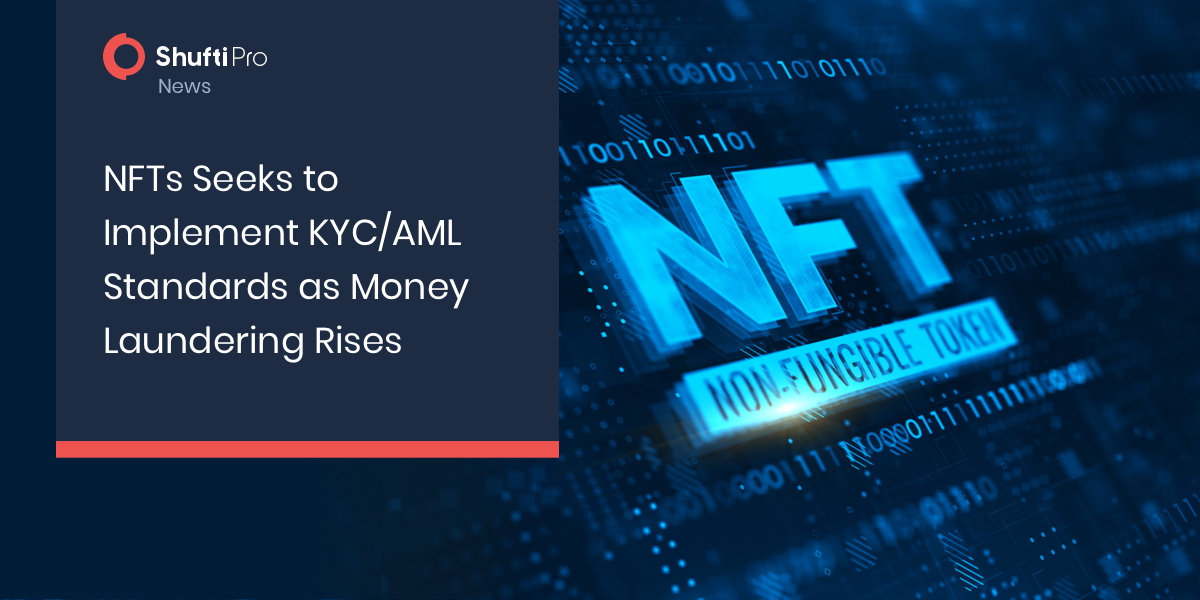 Explore More
Explore More
News
ProtonMail added an encrypted calendar to its encrypted Gmail competitor
Previous year Google faced a hefty fine of $170 million by the Federal Trade Commission following...
 Explore More
Explore More
News
Guyana Holds US-Sponsored Conference to Examine Asset Recovery and Money Laundering Issues
The Judiciary of Guyana organised a two-day conference in collaboration with the US Department of...
 Explore More
Explore More
News
New York Financial Department Releases Guidelines On Dollar-Backed Stable Coins
The New York Financial Department has released “Guidance on the Issuance of U.S. Dollar-Backed St...
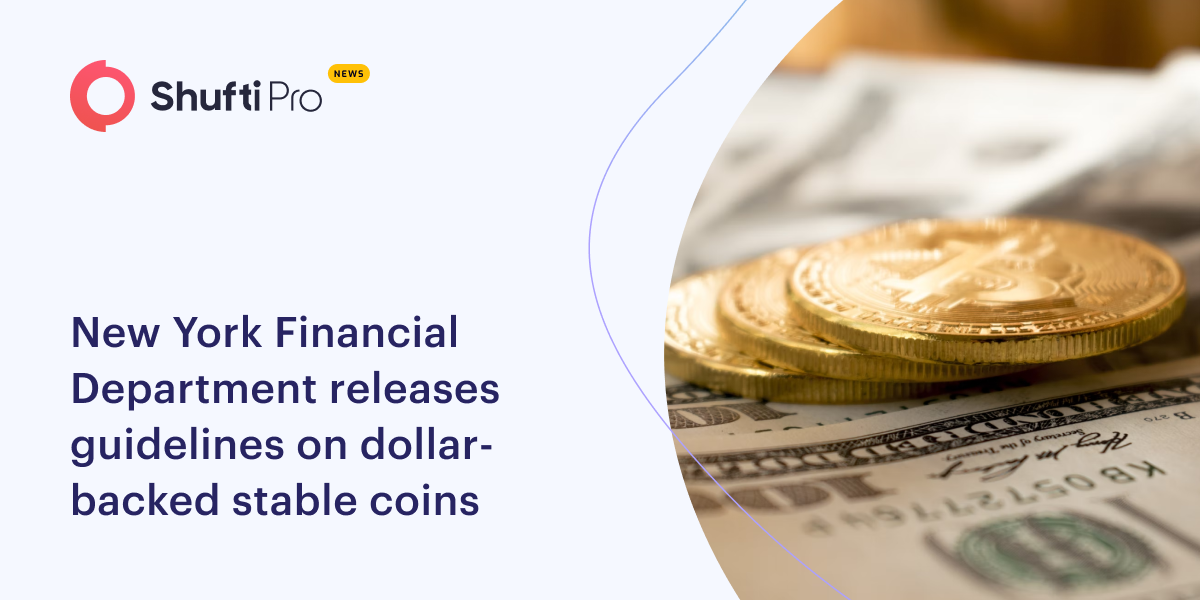 Explore More
Explore More
News
Thai Police Bust $27M Crypto Scam and Seize Multiple Luxury Properties
In a recent operation, Thai authorities uncovered a $27m crypto scam targeting local investors an...
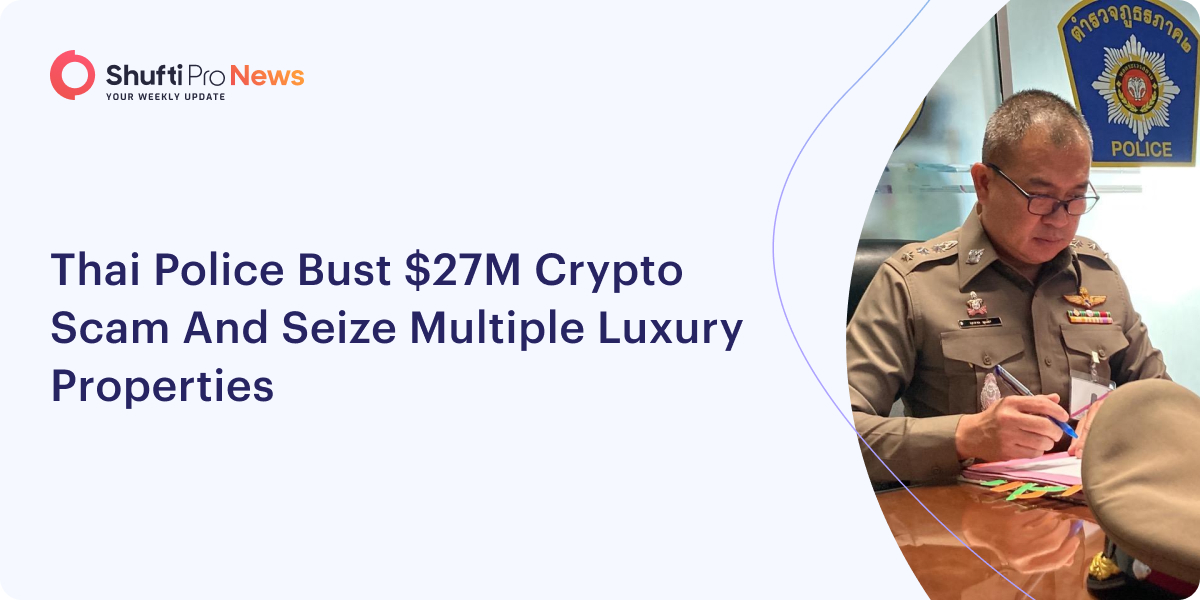 Explore More
Explore More
News
Money Laundering Ring Pushed $4bn through 60 HSBC Accounts within 2 Years
60 HSBC accounts were used to launder USD 4.2 billion in Hong Kong.
An investigation carried out...
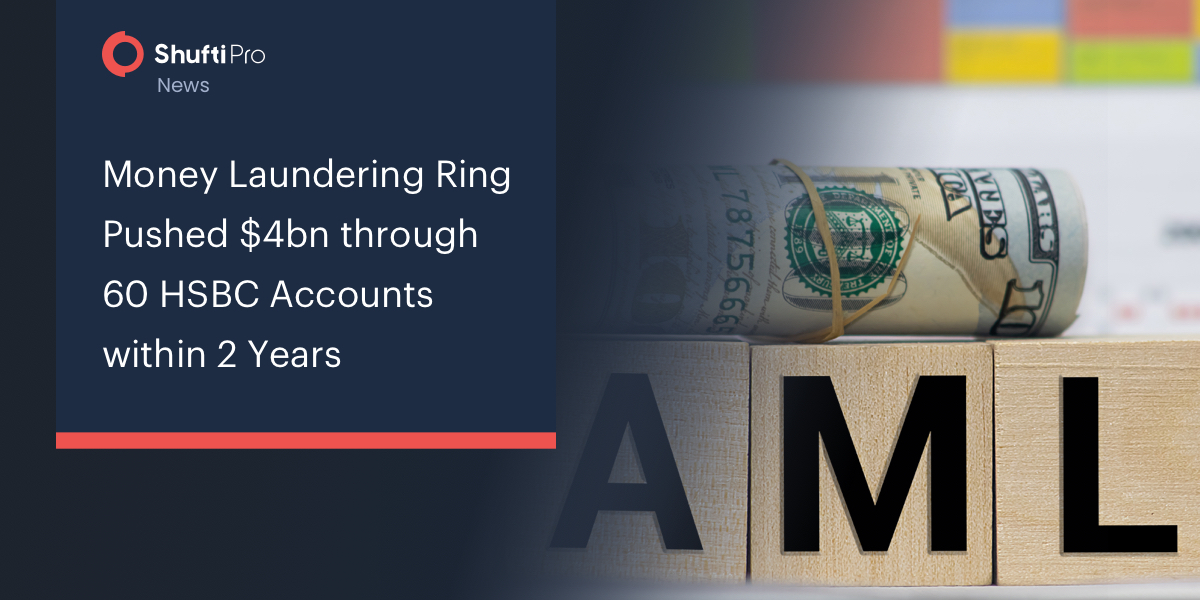 Explore More
Explore More
News
KYC Alliance between Dubai Economy and six banks
As reported by Gulf News, Dubai Economy along with Emirates NBD, Emirates Islamic, HSBC, RAKBANK,...
 Explore More
Explore More
News
FinTech in Malaysia is Improving Due to Friendly Regulations
Malaysia has taken a user-friendly approach to adapt to financial regulations as it is working to...
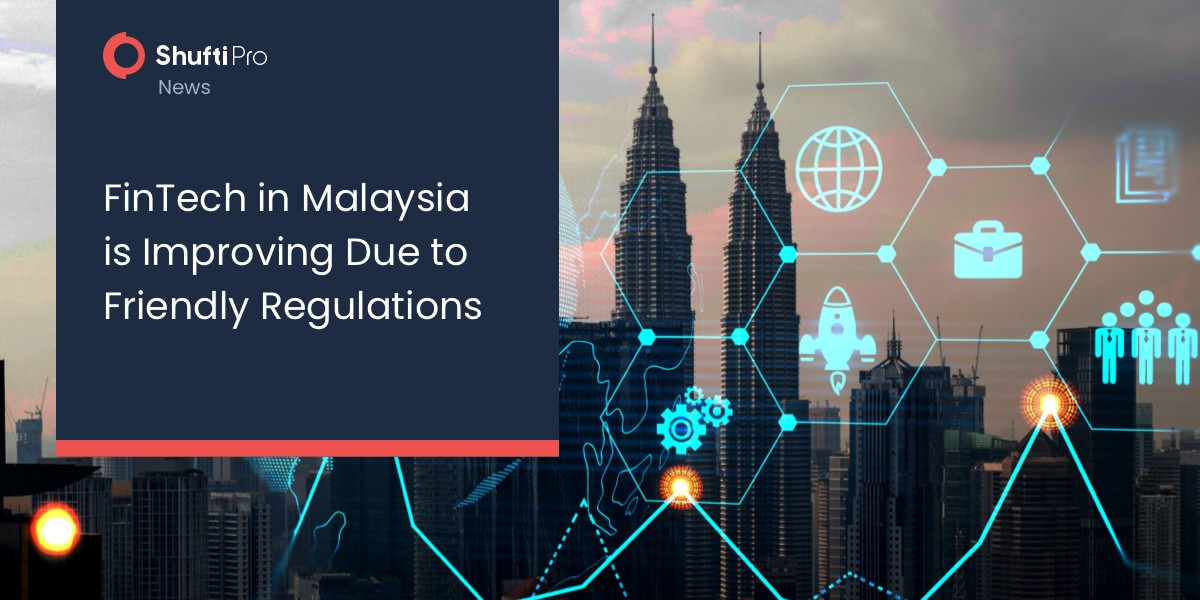 Explore More
Explore More
News
NSW Make Reforms to Counter Money Laundering and Gambling
The New South Wales government embraces new reforms to counter the issue of money laundering and ...
 Explore More
Explore More
News
Twitter Reveals Plans of Addressing Deepfakes
Last month, Twitter announced that it was working on plans to better handle the rising issues of ...
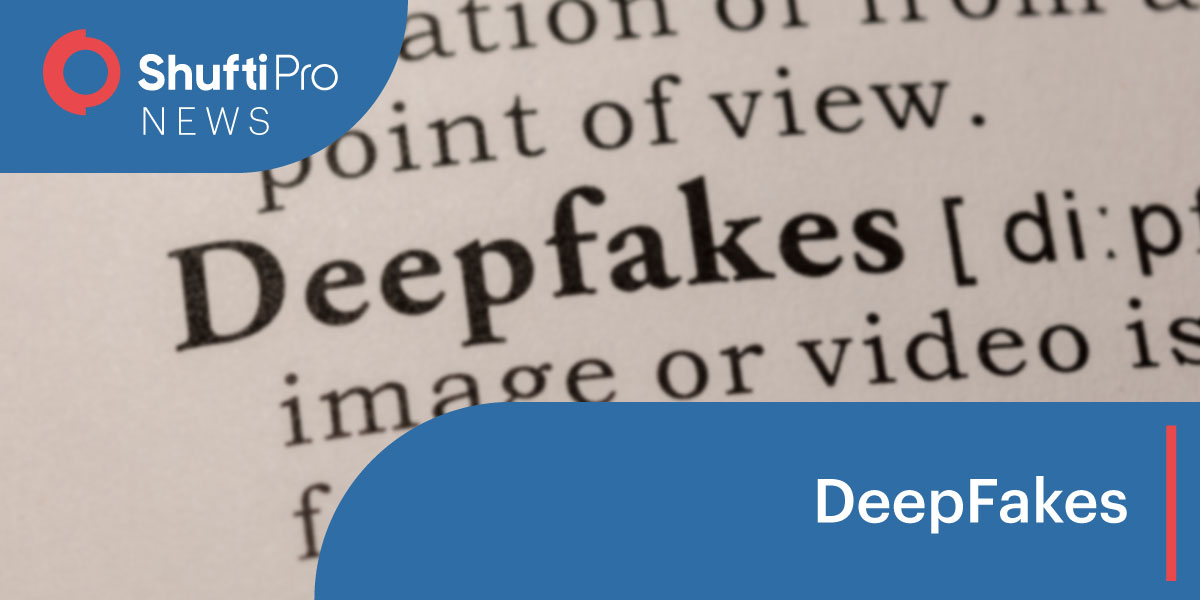 Explore More
Explore More
News
Singapore Seizes $736m Worth of Assets in Money Laundering Investigation
Singapore police have arrested 10 foreigners in the money laundering operation and seized $736m w...
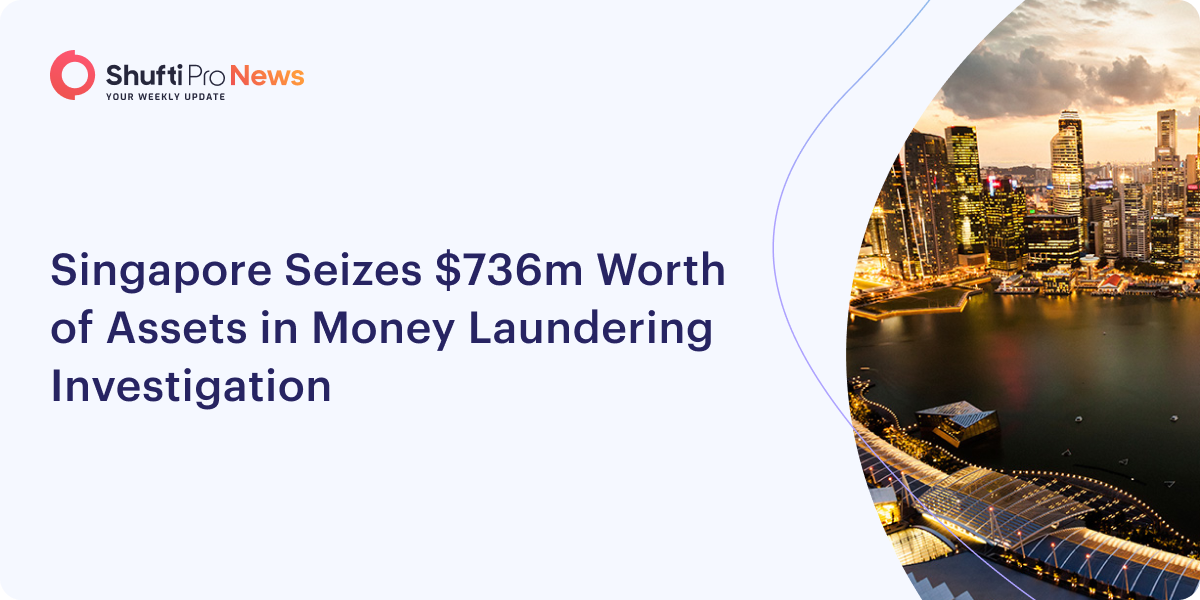 Explore More
Explore More
News
After China, Japanese Officials Considering to Introduce Digital Currency too
China has begun trials for its digital assets and issued 10 million yuan last week. The efforts o...
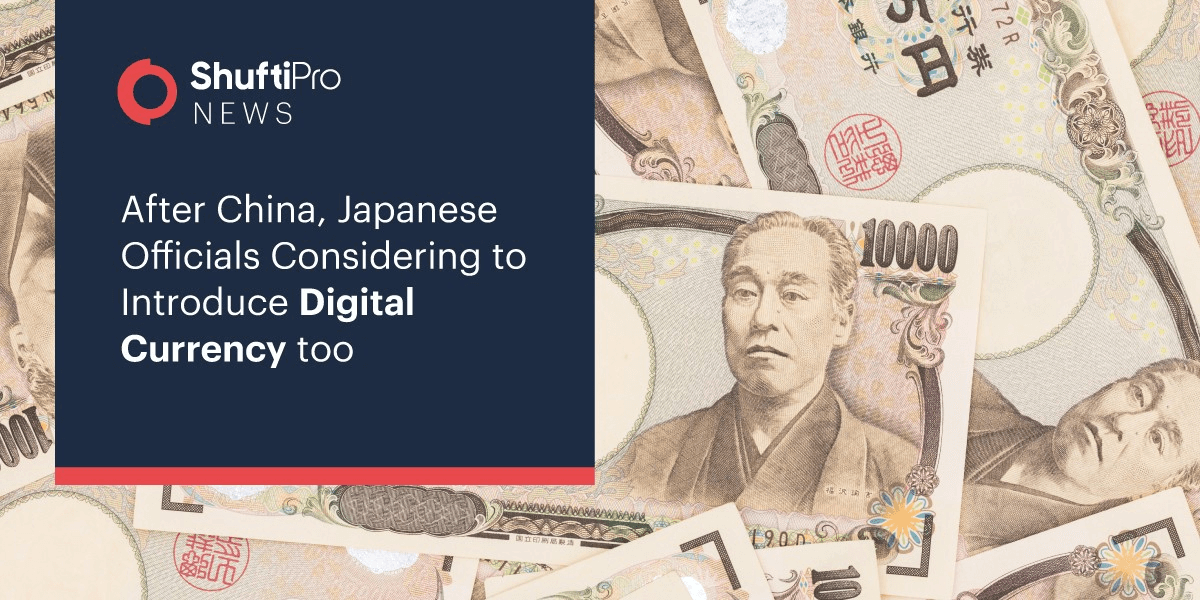 Explore More
Explore More
News
Saudi Bank Warns Citizens Against Financial Fraud Schemes Circulating via Fake News Websites
The Saudi Ministry of Commerce is reiterating warnings about fake news websites looting people by...
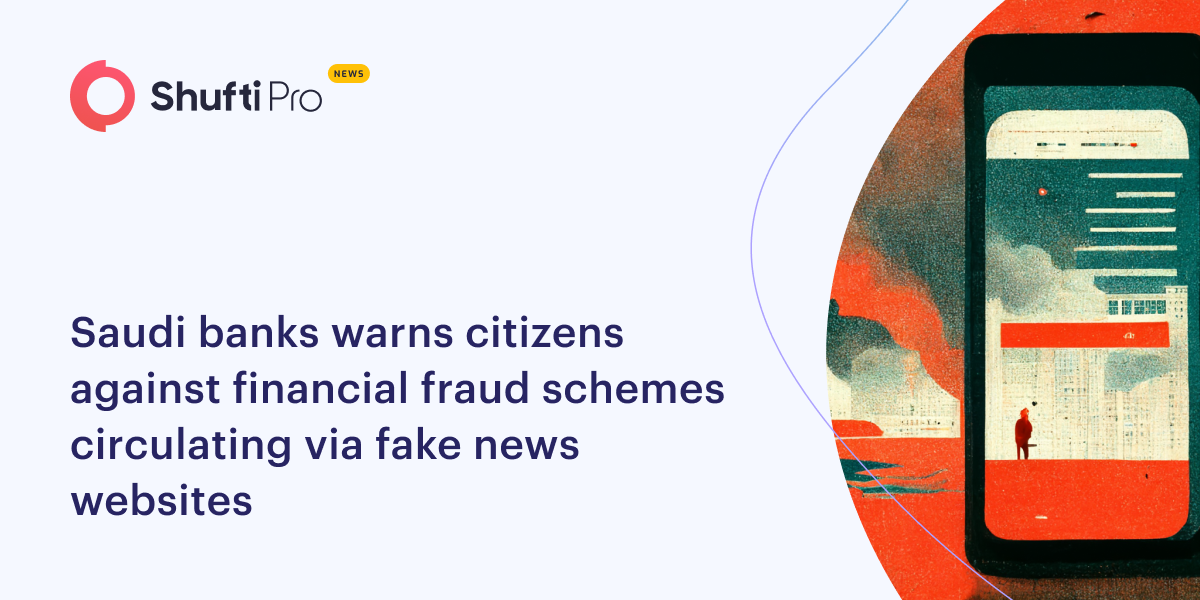 Explore More
Explore More
News
Regional Watchdog Assesses the AML Protocols Followed by Liberia to Fight Money Laundering
The Financial Intelligence Unit of Liberia has established the Inter-governmental Action Group Ag...
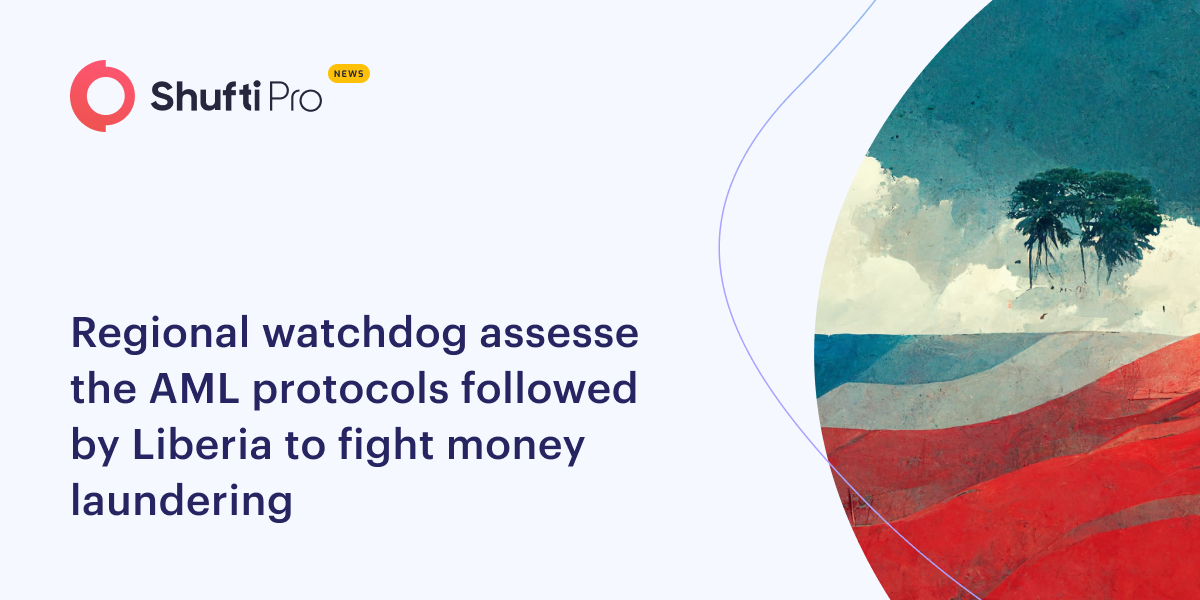 Explore More
Explore More
News
FATF International Cooperation Review Group Meet in Mauritius to Discuss UAE’s Position on the Gray List
Despite ongoing financial crime, the US and several other Western countries have paid no heed to ...
 Explore More
Explore More
News
UK’s FCA Warns Challenger Banks Over Inadequate AML Measures
The UK’s main financial regulator has warned challenger banks to improve measures for fighting fi...
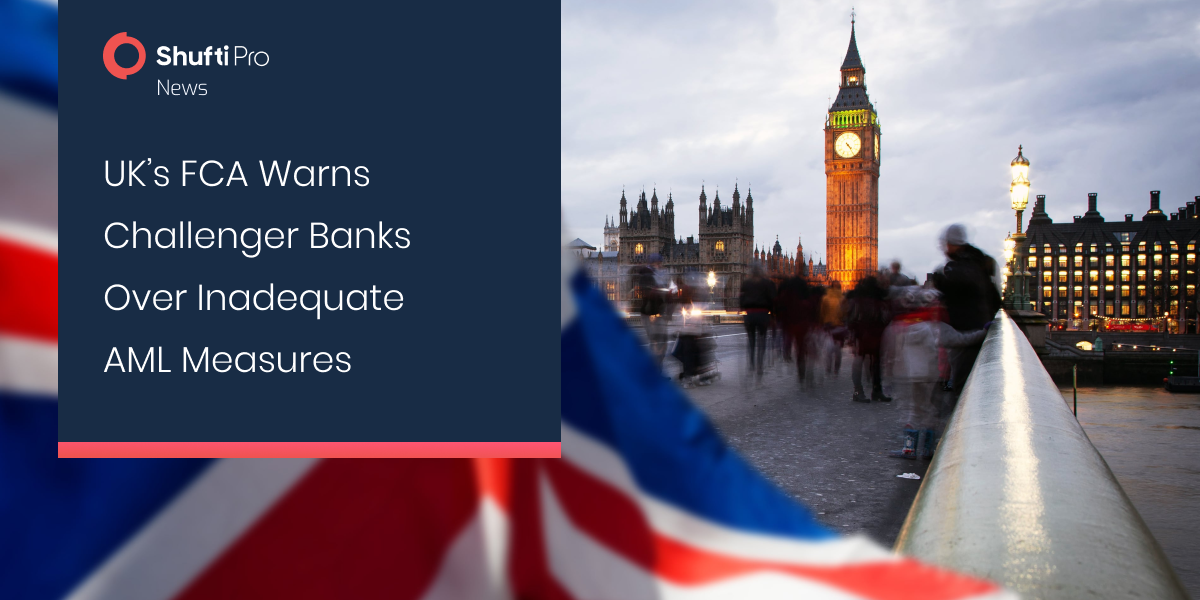 Explore More
Explore More
News
Capital One Penalized $390M for ‘Willful’ Violation of the Bank Secrecy Act
Financial Crimes Enforcement Network (FinCEN) has imposed $390 million as penalty on Capital One ...
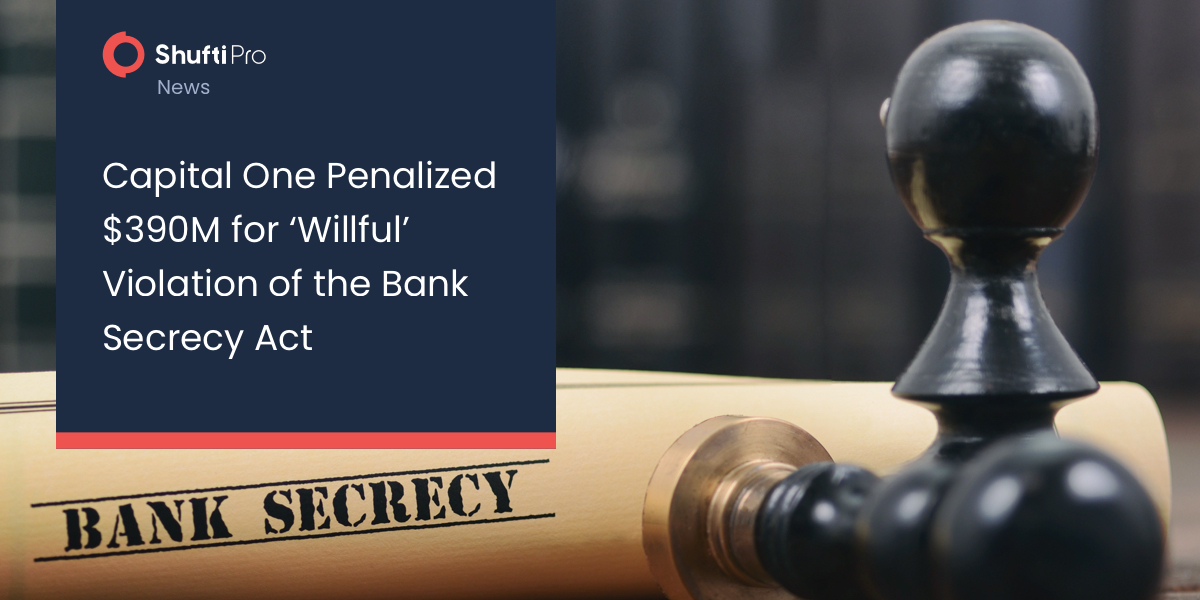 Explore More
Explore More
News
G20 Summit Agrees to Establish a Unified Global Crypto Framework to Prevent Digital Money Laundering
The G20 Summit signed to establish a global unified regulations framework to regulate digital tra...
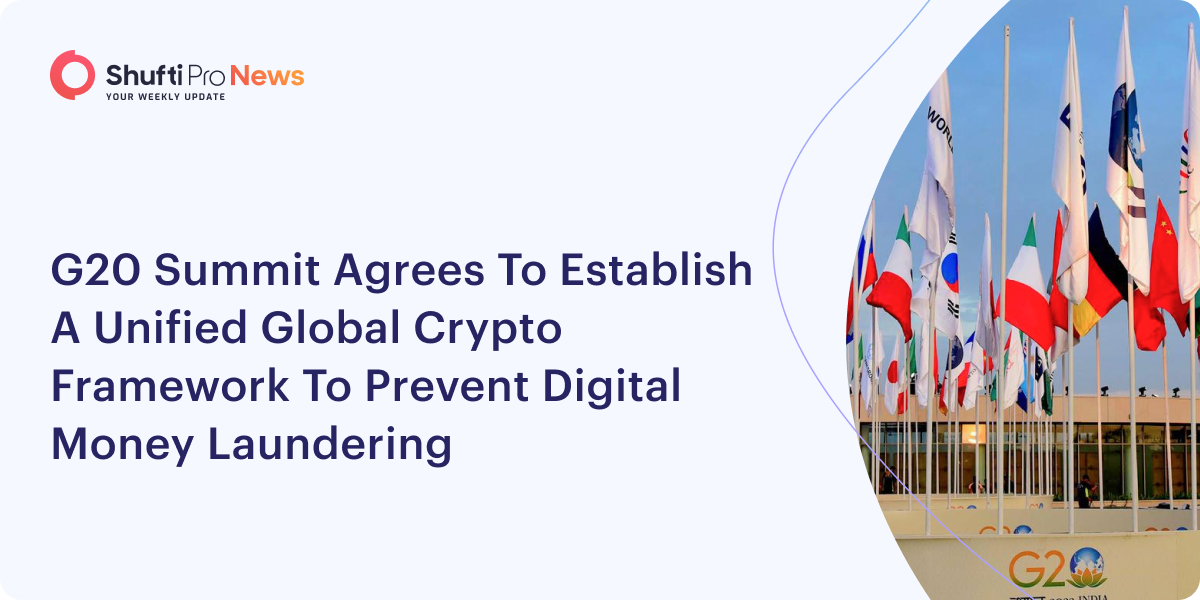 Explore More
Explore More
News
Crypto Scams Reach New Heights in 2020 With $24M Stolen So Far
Whale Alert alleges that crypto scams are skyrocketing so far in 2020.
A report revealed,scammer...
 Explore More
Explore More
News
China Warns of Money Laundering Risks Arising from NFTs
China has warned of the financial risks associated with non-fungible tokens (NFTs) as three indus...
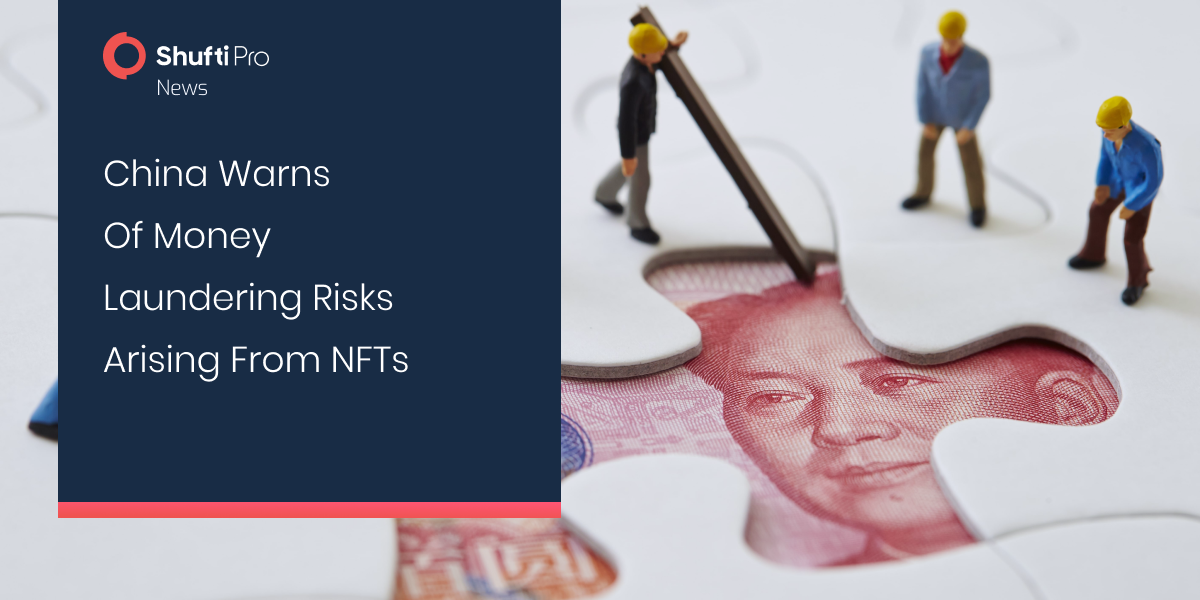 Explore More
Explore More
News
Transparency International Declares South Sudan Second Most Corrupt Country
In the East African region, South Sudan has been ranked as the most corrupt country in the world....
 Explore More
Explore More
News
London has been Dubbed as a Money Laundering Base
The UK’s capital has been dubbed as a potential hotbed for organised crime, especially after Brex...
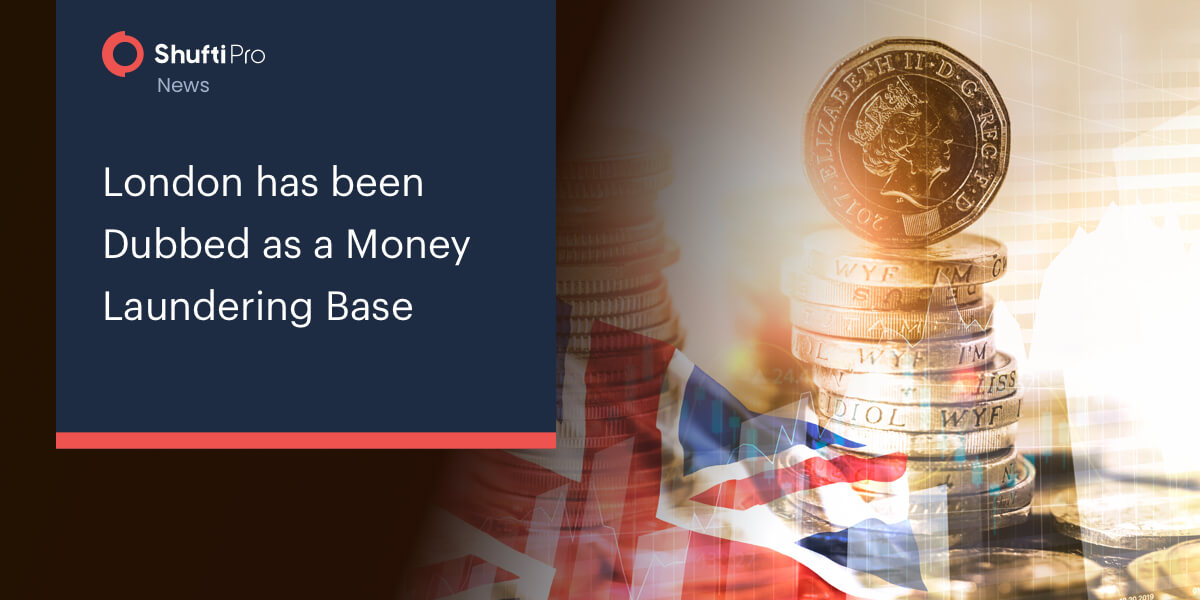 Explore More
Explore More
News
Ireland embraces the EU’s Anti-Money Laundering (AML) directive
EU’s anti-money laundering directive has been actively embraced by countries all across the globe...
 Explore More
Explore More
News
The Brussels Threatens Emirates with Sanctions for Illicit Financial Flow
Think tank has ranked emirates to be the top destination for illicit financial activities. Brusse...
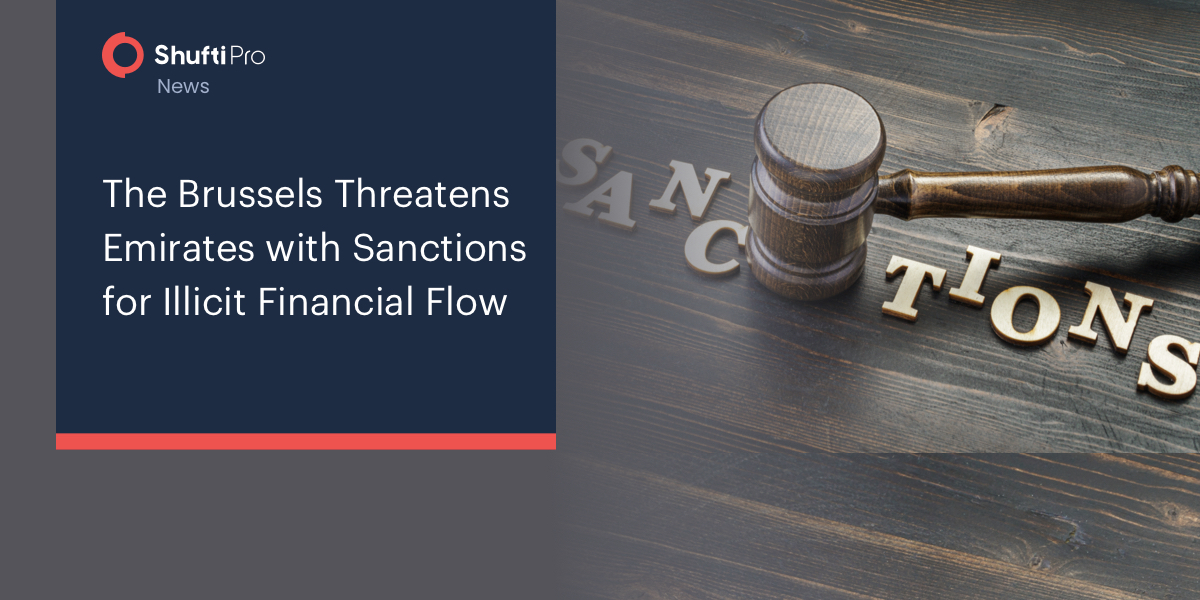 Explore More
Explore More
News
WHO Warns about Online Job Scams during COVID-19 Pandemic
A message shared on WhatsApp and Facebook claims that the World Health Organization (WHO) is adve...
 Explore More
Explore More
News
FinCEN and OCC Fine Texas Bank $9 Million for BSA-AML Violations
A Texas community bank was fined by the Financial Crimes Enforcement Network (FinCEN) and the Off...
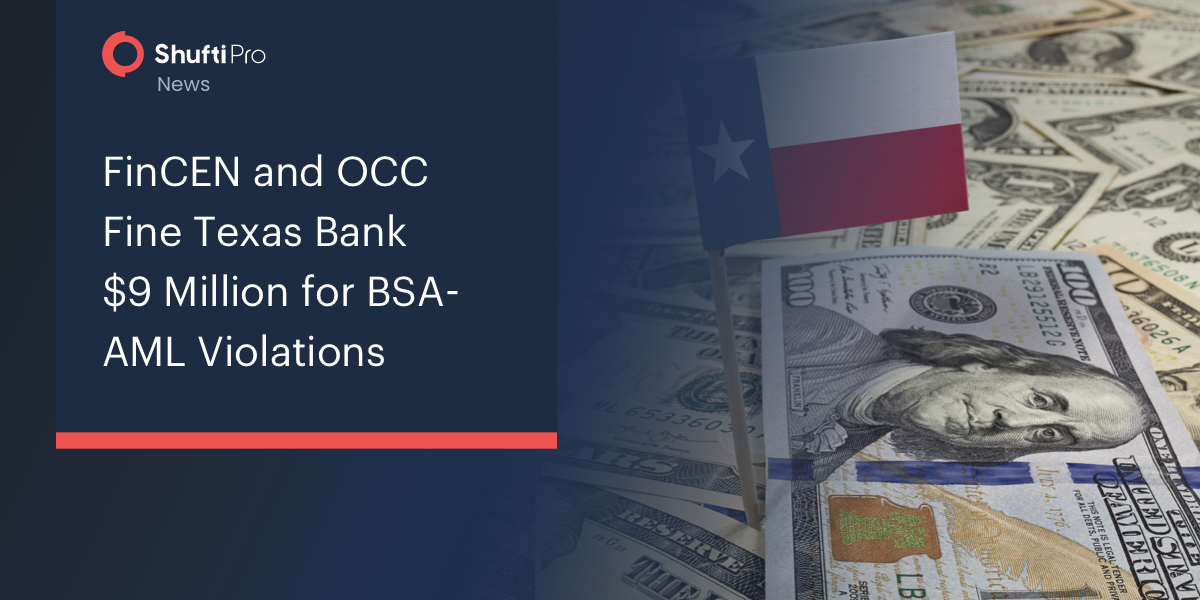 Explore More
Explore More
News
Non-Compliant Banks Can End Up In FATF’s Gray list – Warns Governor of the South African Reserve Bank
Lesetja Kganyago, Governor SARB confirms to the Parliament’s standing committee about the i...
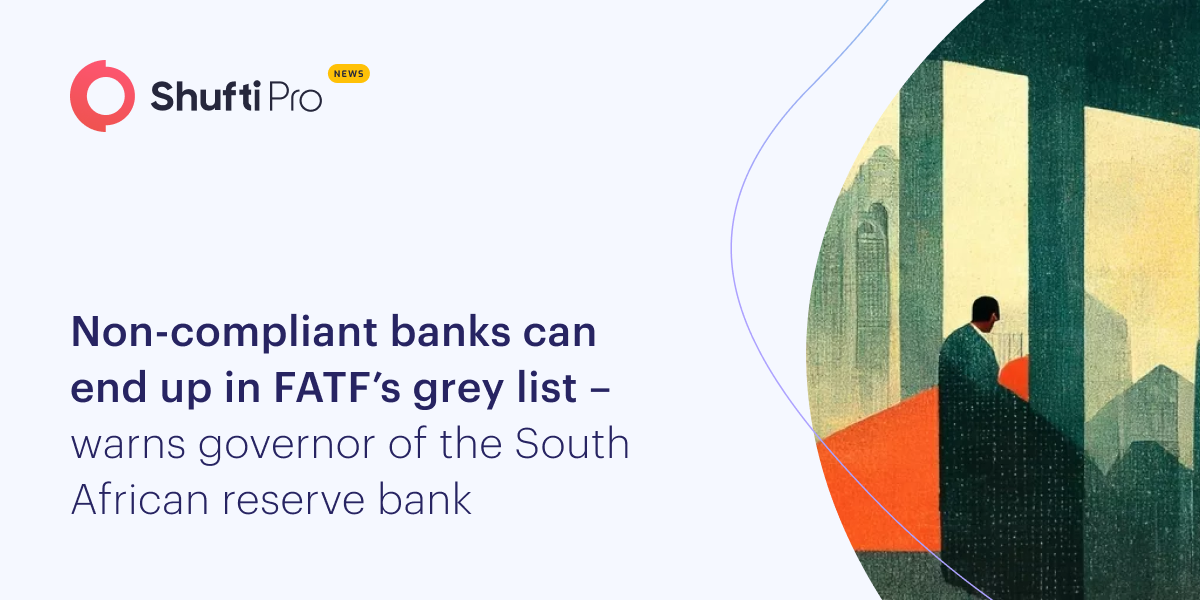 Explore More
Explore More
News
Taiwan Initiates Industry Association to Regulate Cryptocurrency Sector
Nine crypto exchange platforms formed a group to create an industry association to regulate Taiwa...
 Explore More
Explore More
News
FATF issued guidance on risk-based AML/CFT policies
The Financial Action Task Force has issued finalised supervision on adopting a risk-based strateg...
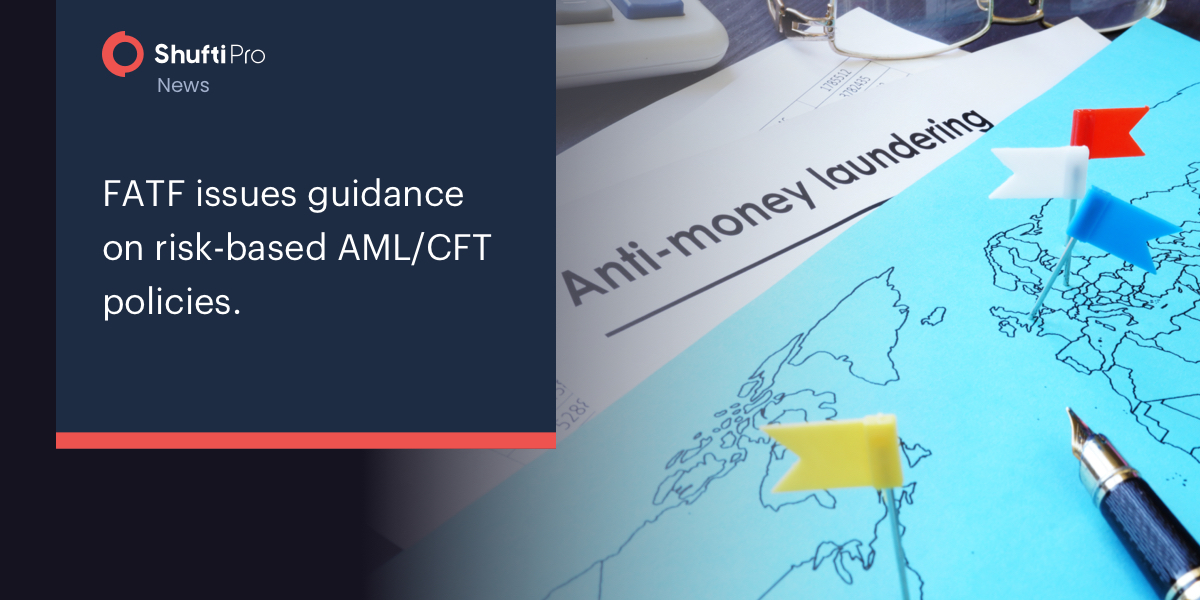 Explore More
Explore More
News
FBI Reveals North Korea’s Lazarus Group Involvement in $41 Million Stake Hack
US Federal Bureau Investigation (FBI) has revealed that the North Korean hacking group, Lazarus, ...
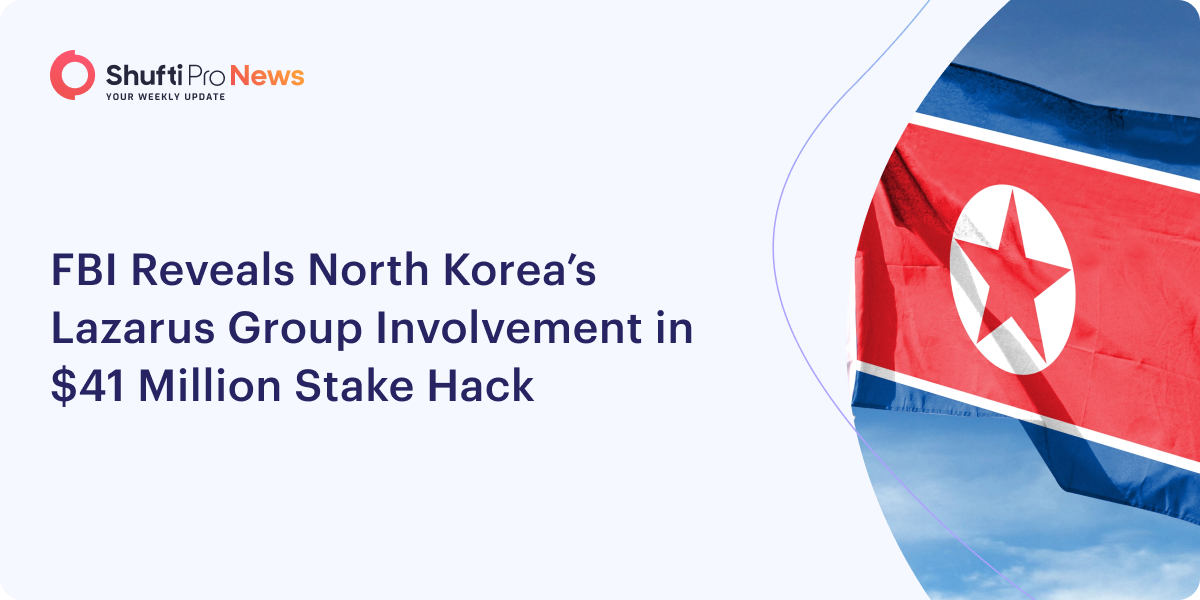 Explore More
Explore More
News
SataBank is Set to be Formally Liquidated Over Money Laundering Concerns
The liquidation of Satabank has affected prominent names with a massive due amount. The infirm se...
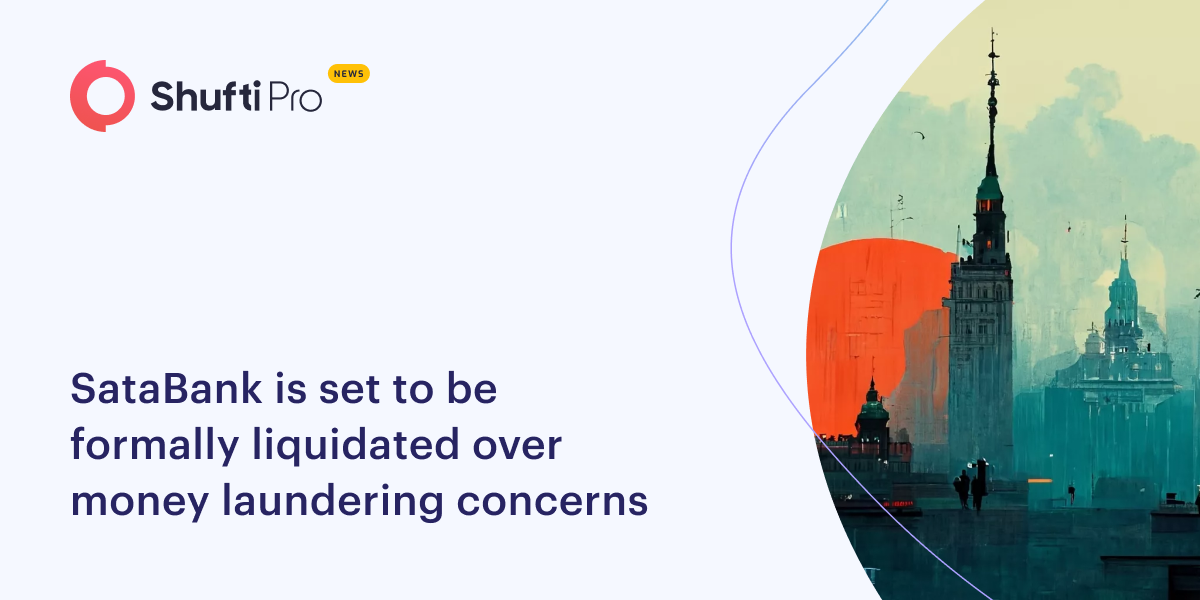 Explore More
Explore More
News
Japan Crypto Regulator States Easing of Restrictions Must Wait
The Japanese financial regulator FSA is reluctant about easing regulatory requirements for the cr...
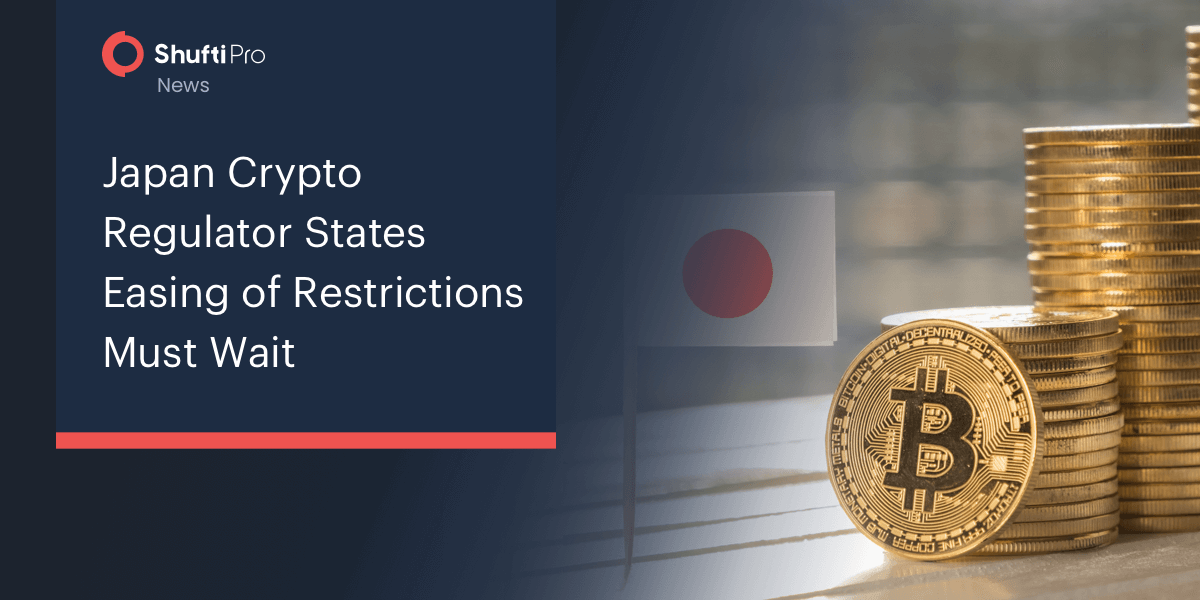 Explore More
Explore More
News
ChatBooks notifies users of the data breach after data sold on the dark web
ChatBooks has recently disclosed the data breach following a cyber attack on its system that resu...
 Explore More
Explore More
News
The Nigerian Bar Association (NBA) Introduces Anti-Terrorist Financing, Anti-Money Laundering Laws
Lawyers in Nigeria are being instructed to follow anti-money laundering and terrorist financing l...
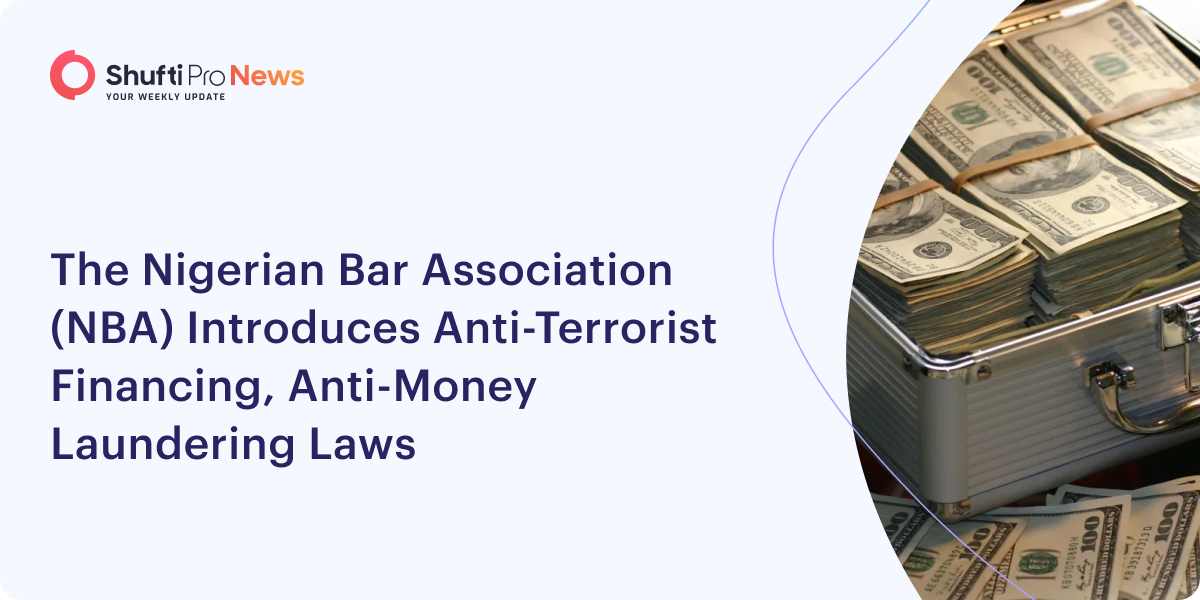 Explore More
Explore More
News
Lloyds Banking Group Initiates “Pilot Scheme” to Combat Frauds
Lloyds bank initiates a “pilot scheme” with the London police to counter criminal act...
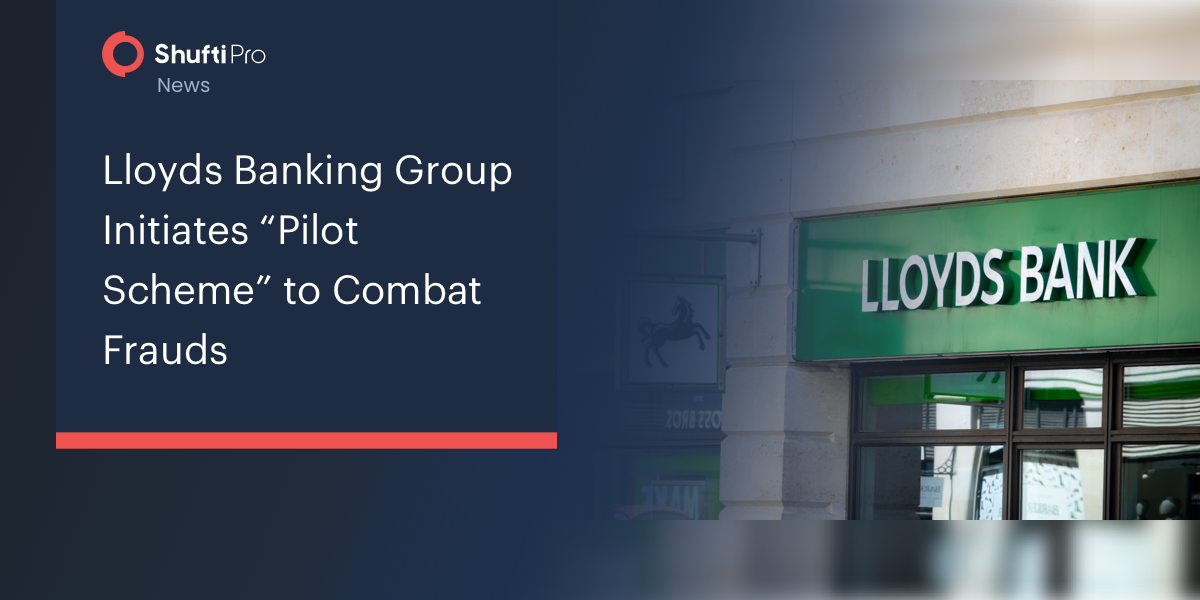 Explore More
Explore More
News
National Westminster Bank Pleads Guilty to AML Breaches
NatWest has stated that it violated multiple anti-money laundering regulations that required the ...
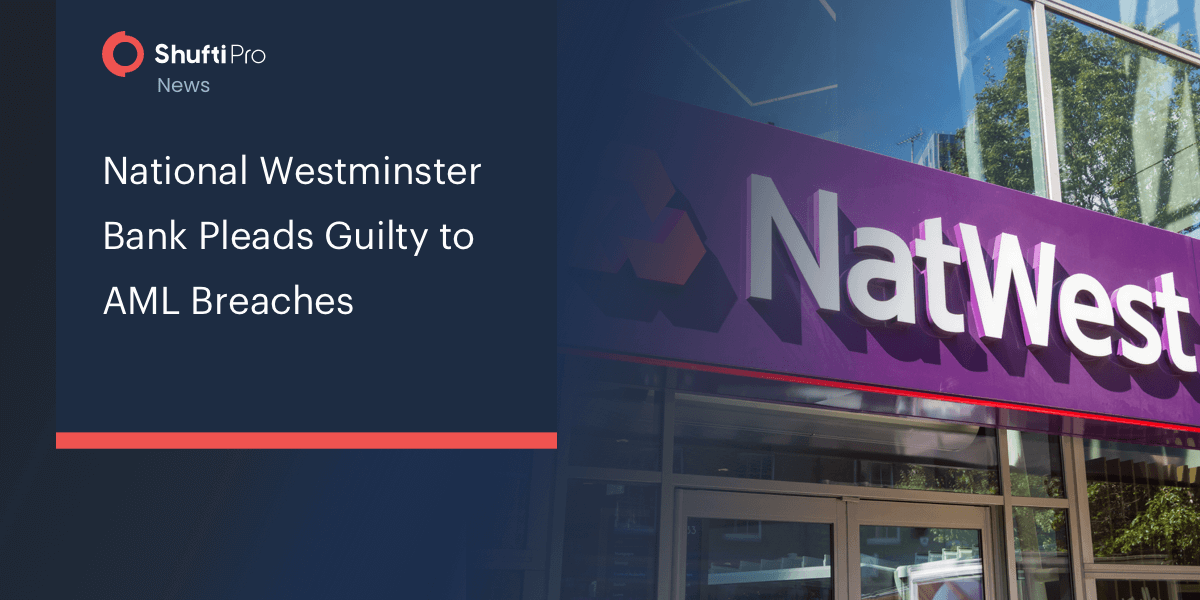 Explore More
Explore More
News
EBRD and Central Bank of Jordan Raise Awareness Against Financial Crime
EBRD and the Central bank of Jordan join hands in running campaigns to raise awareness for the tr...
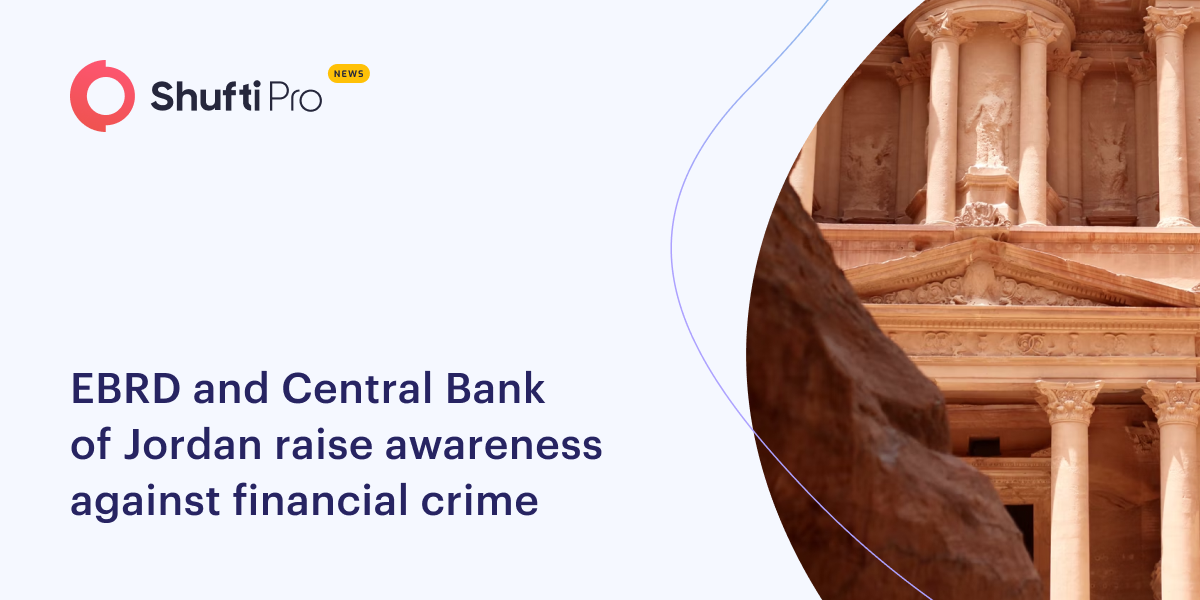 Explore More
Explore More
News
Ukraine Issues 14 Million Biometric Passports
According to Ukrinform, more than 14 million biometric passports have been issued in Ukraine so f...
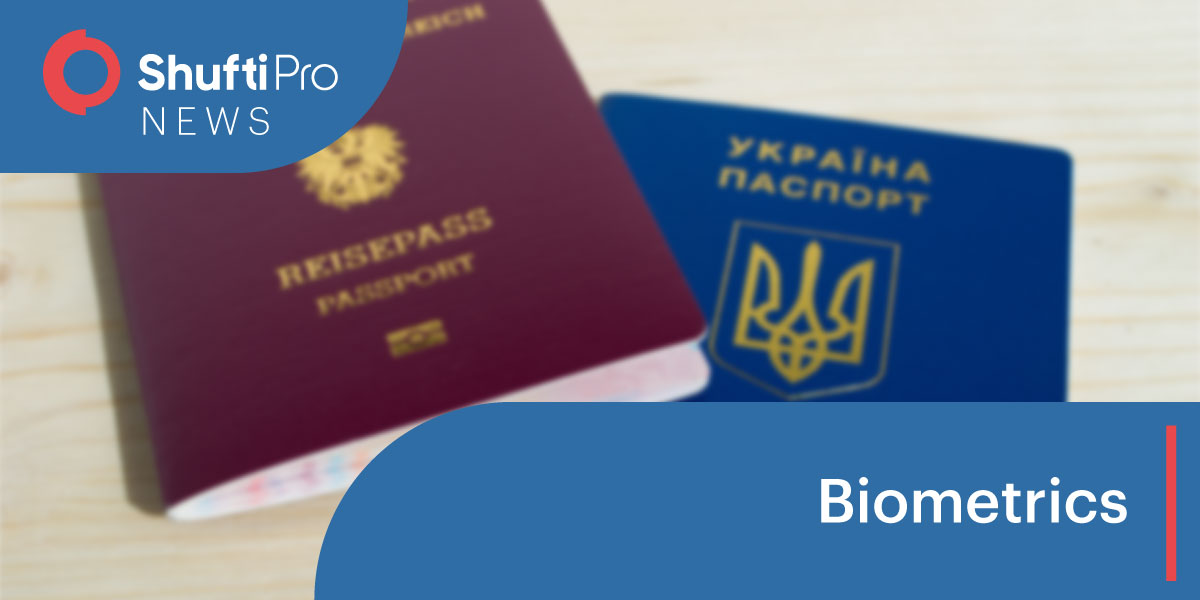 Explore More
Explore More
News
Turkish Regulatory Authorities Launch Investigation on Social Media Influencers for Money Laundering
Turkey’s Minister of Social and Labour Security Department stated they are conducting an in-depth...
 Explore More
Explore More
News
Australian Government Introduces $800 Million Budget for New Technology and Expands Digital Identity Checks
The Morrison government has announced an $800 million budget for expanding digital identity check...
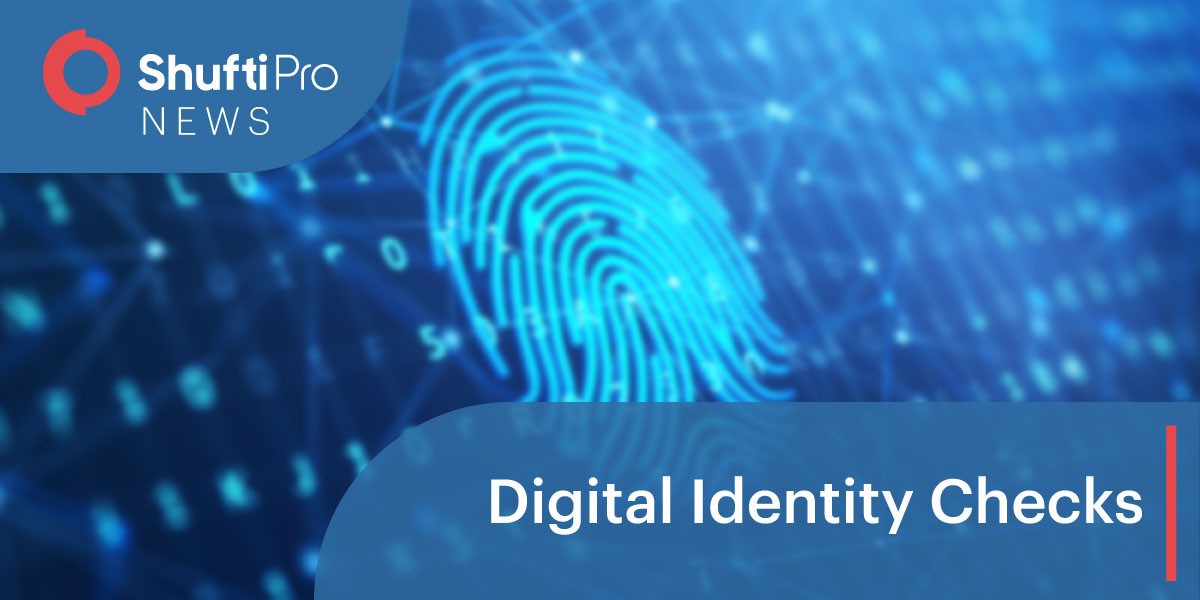 Explore More
Explore More
News
Danish Gaming Regulator Sanctions Unibet Over AML Violations
Spillemyndigheden, the Danish Gaming Regulatory Authority has sanctioned Unibet for failing to co...
 Explore More
Explore More
News
Russian Central Bank Still Saying “No to Use of Crypto in Settlements”
Russia’s Central Bank has put another wrench in the pro-business Ministry of Finance’...
 Explore More
Explore More
News
Real Estate is Becoming a Primary Target for Money Launderers in the UK
According to a government report, Luxury London homes are a new method to launder illicit funds. ...
 Explore More
Explore More
News
FinCEN Proposes Beneficial Ownership Reporting Requirements
The FinCEN proposed beneficial ownership reporting requirements to protect U.S financial system f...
 Explore More
Explore More
News
Taiwan’s Security Watchdog is Set to Regulate Local Crypto Industry to Prevent Money Laundering
Taiwan’s top financial regulator is set to become the primary oversight body to monitor the...
 Explore More
Explore More
News
Reddit follows Facebook suit and bans impersonation on its platform
Earlier this week, Facebook announced its new policy to ban manipulated pictures and videos known...
 Explore More
Explore More
News
The number of Bitcoin ATMs has increased to 8,000
The total number of Bitcoin ATMs across the world have crossed 8,000.
The United States has more...
 Explore More
Explore More
News
Over 6000 BVNs Under Scrutiny for Fraudulent Transactions, Reveals CBN
The Central Bank of Nigeria (CBN) has revealed that more than 6000 Bank Verification Numbers (BVN...
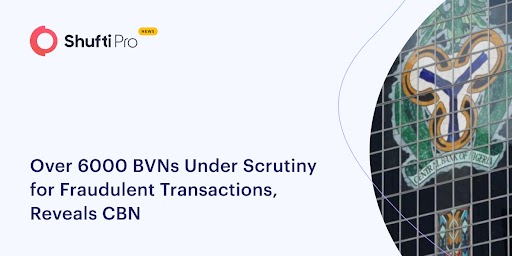 Explore More
Explore More
News
Westpac CEO Brian Hertzer Resigns Amid Money-Laundering Scandal
The chief executive of Westpac Banking Corporation, Brian Hartzer, has resigned and the chairman ...
 Explore More
Explore More
News
China Announces Anti-foreign Sanctions Law
Under the new law, China has introduced countermeasures against senior managers and actual contro...
 Explore More
Explore More
News
The Philippines Introduces Crypto Guidelines Against Financial Crimes
The Philippines Monetary Board (MB) has approved the guidelines regarding the virtual assets serv...
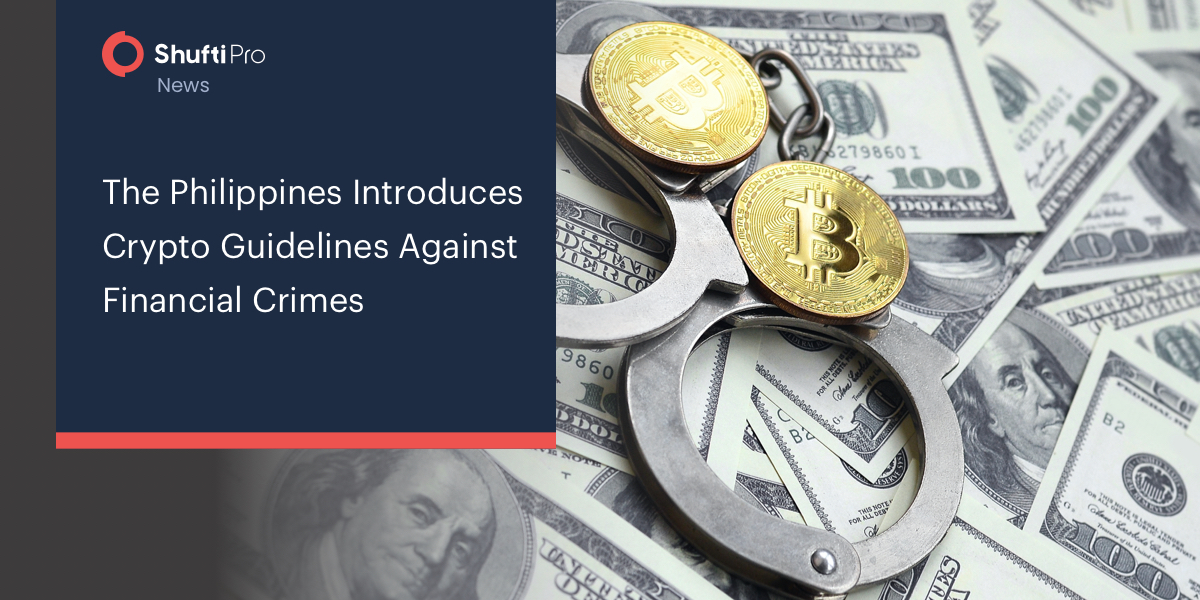 Explore More
Explore More
News
UK Adopts new Methods to Fight Money Laundering Through Sanction Regime
The UK declared a new sanction regime against financial crimes like money laundering. According t...
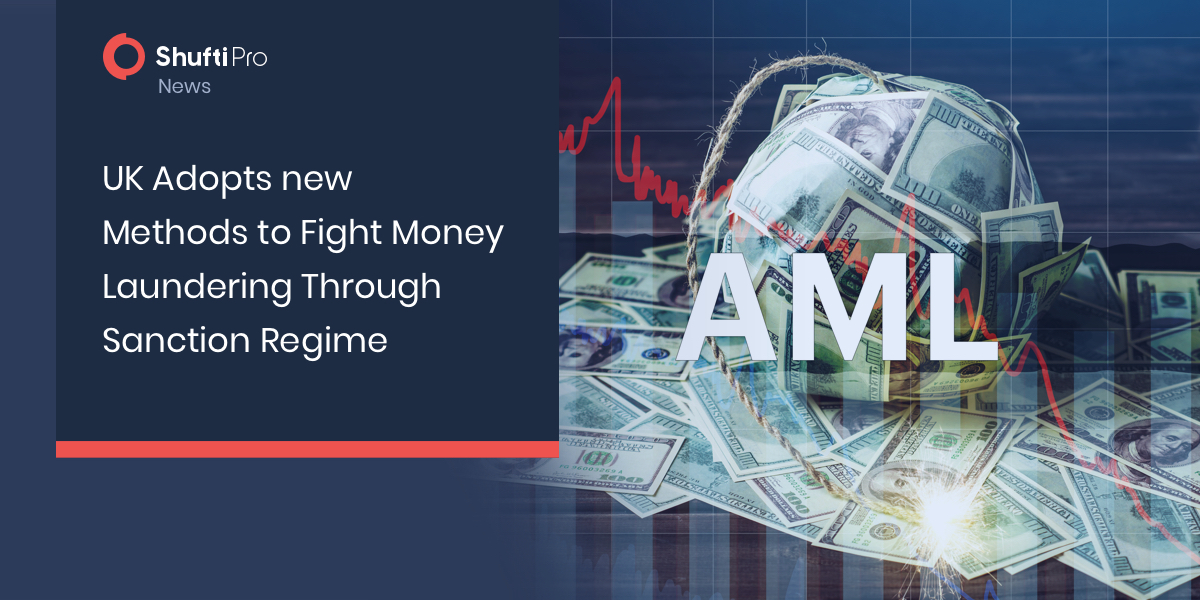 Explore More
Explore More
News
BC Law Society Holds Honorary Consul of Ukraine Accountable for Failure to Prevent Money Laundering
BC Law Society holds Ukraine’s Honorary Consul accountable for failing to prevent money launderin...
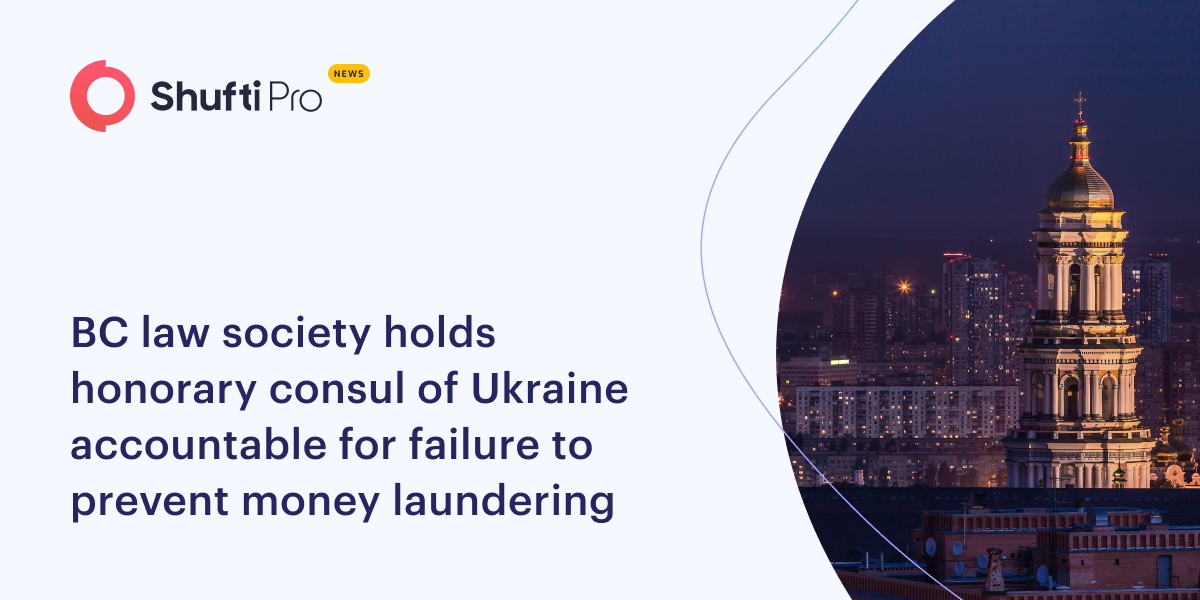 Explore More
Explore More
News
SEC Ramps Up Efforts to Tackle Identity Theft in the Captial Market
The Securities and Exchange Commission (SEC) has noted that the Identity Management System will d...
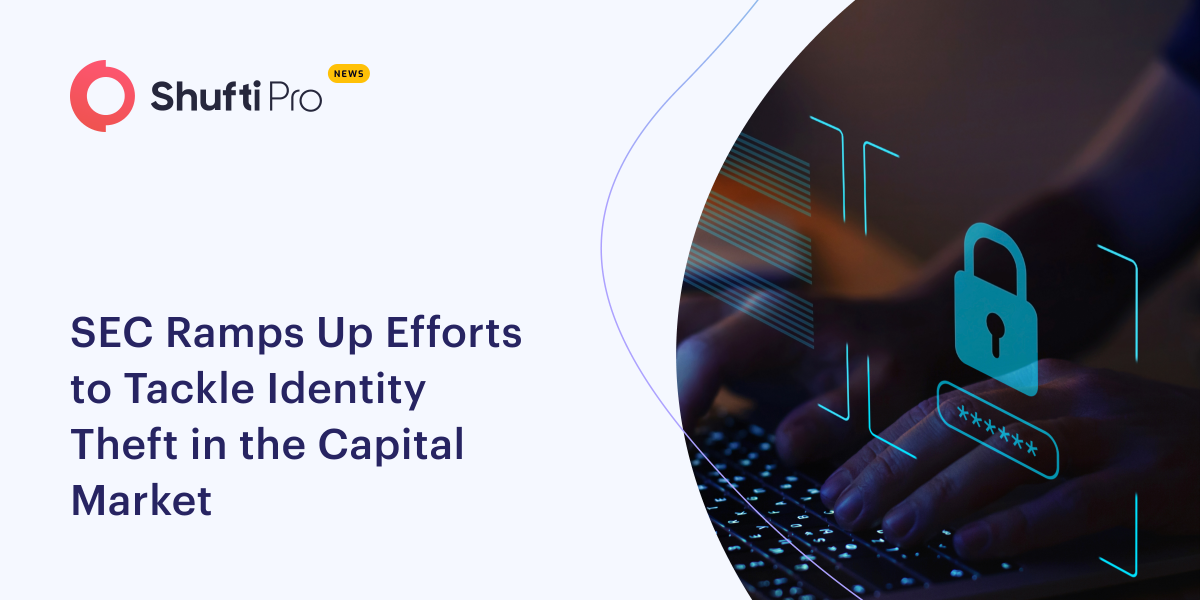 Explore More
Explore More
News
Remarkable Progress in Facial Recognition Revealed by a New Study
Could you have imagined a few years ago that you could be identified from your brain scan? The id...
 Explore More
Explore More
News
The Chinese central bank confirms digital Yuan mobile app trials
According to a statement, the People’s Bank of China (PBoC) conducts internal tests for the natio...
 Explore More
Explore More
News
Japan Revises Six Laws to Tackle Money Laundering in Cryptocurrency
The Japanese government is pondering enacting a new law. The “bundling bill” proposed...
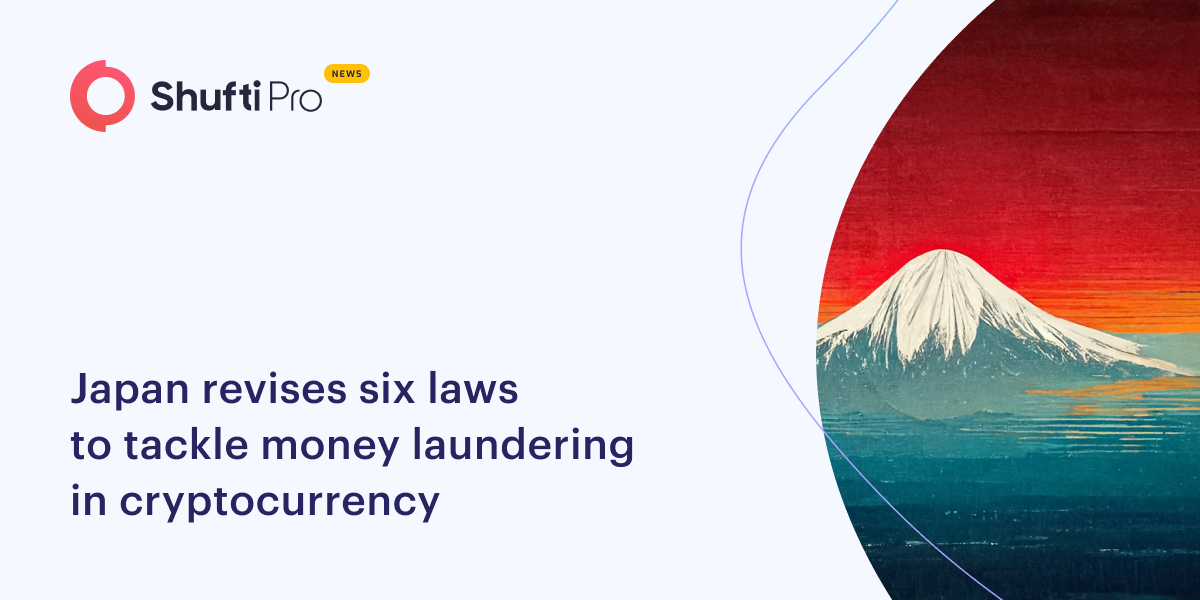 Explore More
Explore More
News
MBSB Bank to Implement BNM’s Requirements for Combating Financial Crimes
Bank Negara Malaysia announced additional security measures for financial institutions to strengt...
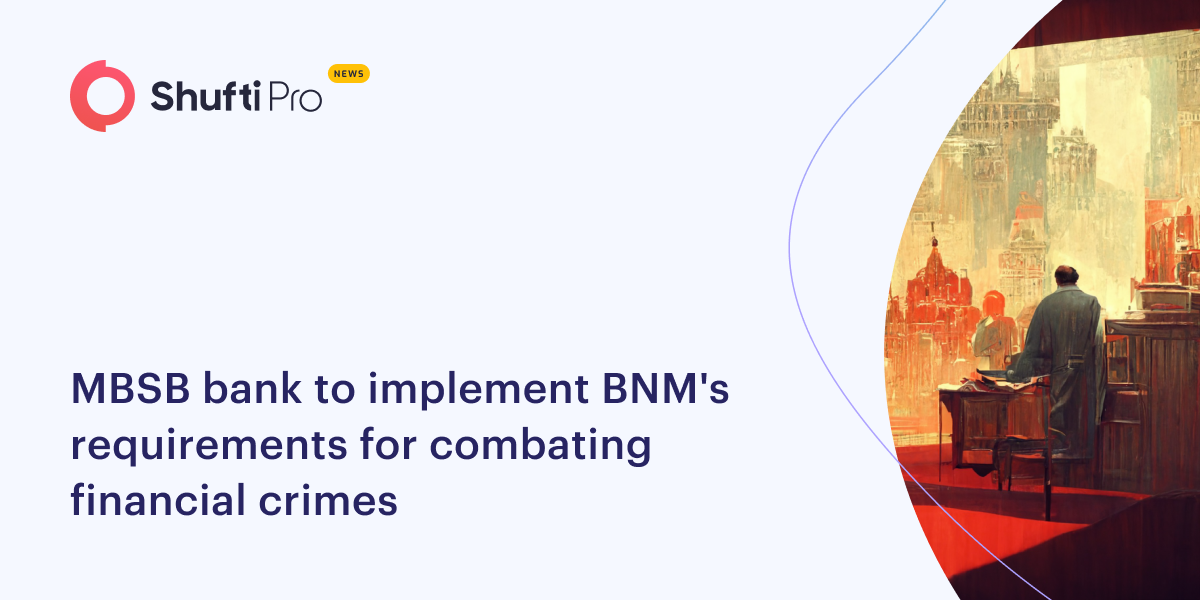 Explore More
Explore More
News
Singapore Taking New Actions Against Terror Financing and Money Laundering
Singapore’s Parliament took improved measures against the financing of terrorism and money launde...
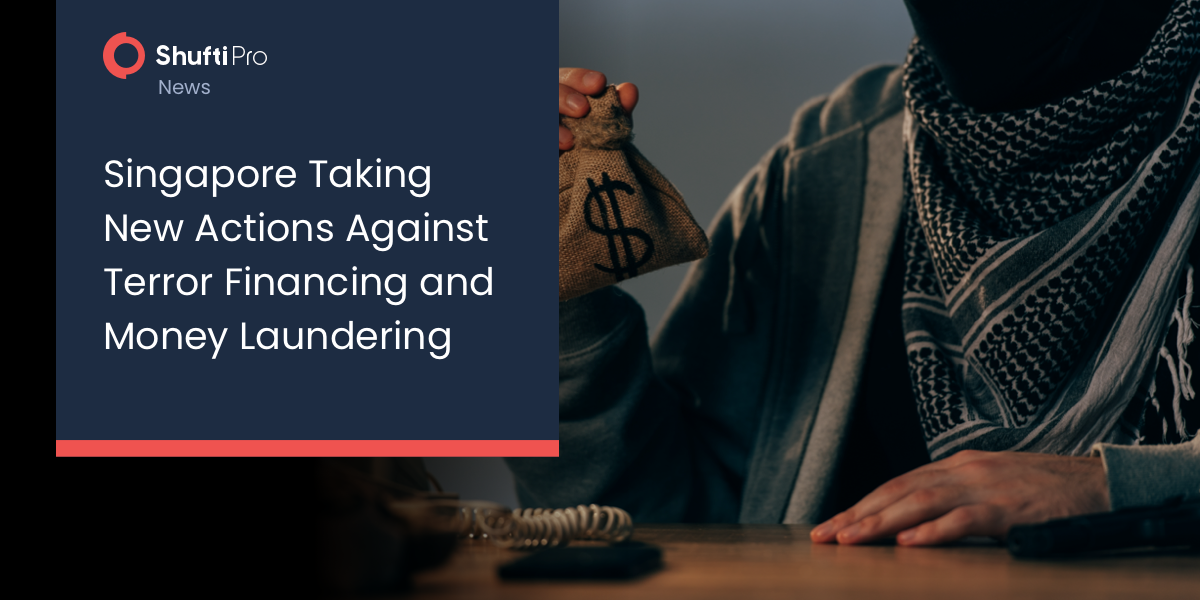 Explore More
Explore More
News
Ex-Microsoft engineer accused of digital currency scam
Ukrainian citizen, Volodymyr Kvashuk, has been accused of six counts of money laundering, five of...
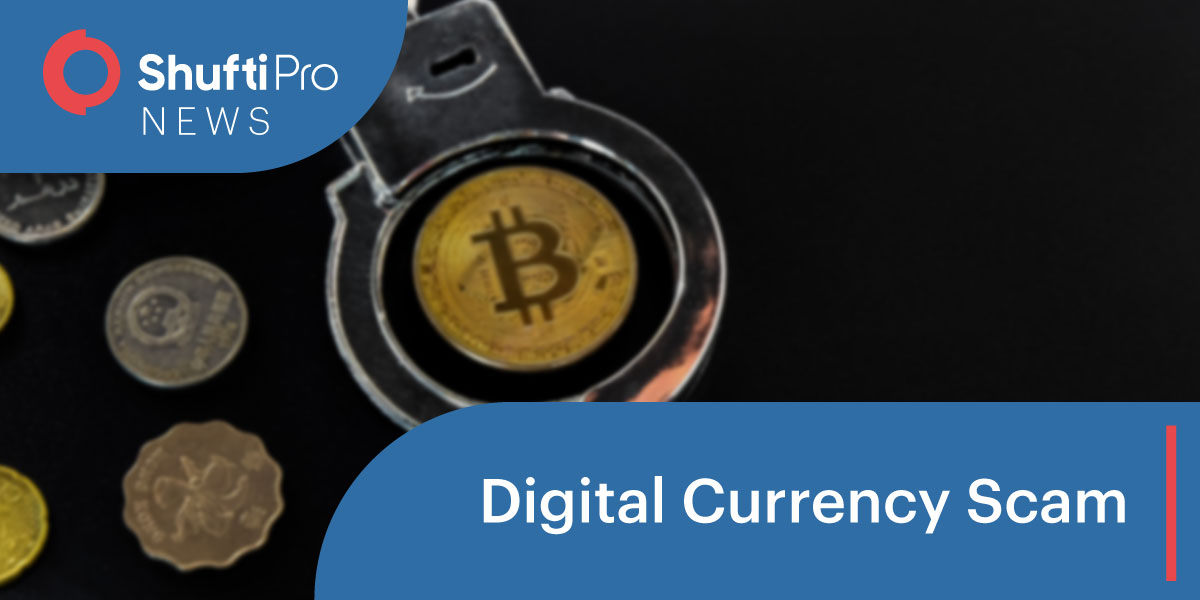 Explore More
Explore More
News
UAE Issues $1.048 Billion Worth of Fines for Money Laundering & Terrorism Financing
UAE’s Executive Office to Combat Money Laundering and Terrorist Financing has claimed to collect ...
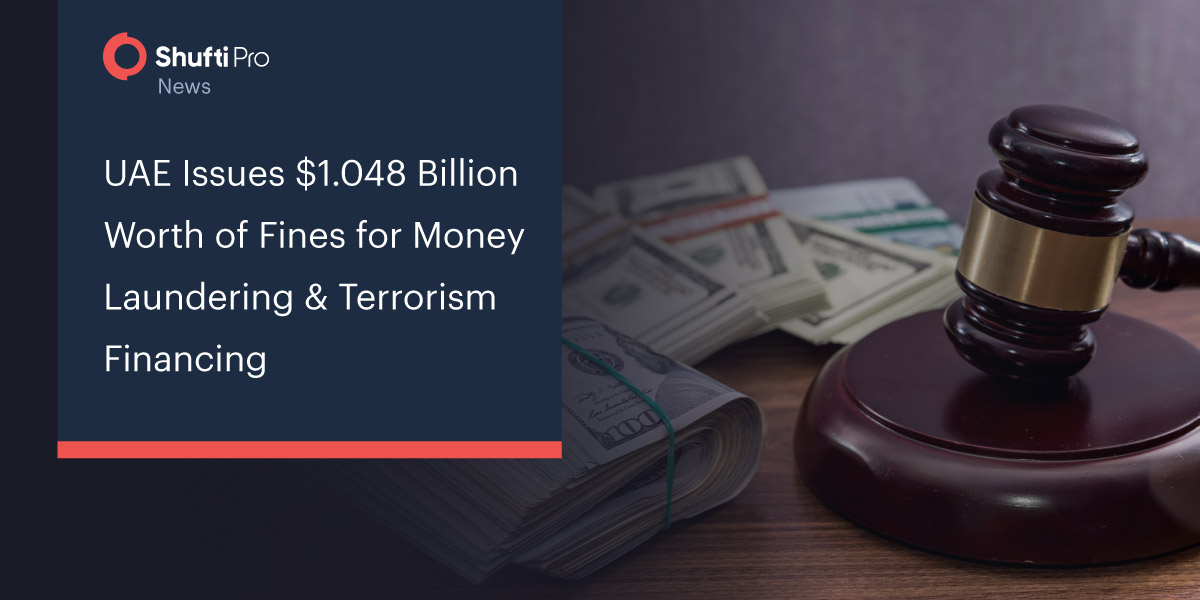 Explore More
Explore More
News
US State joins international task force targeting COVID-19 investment scams
The Oregon Division of Financial Regulation has recently joined an international enforcement task...
 Explore More
Explore More











































































